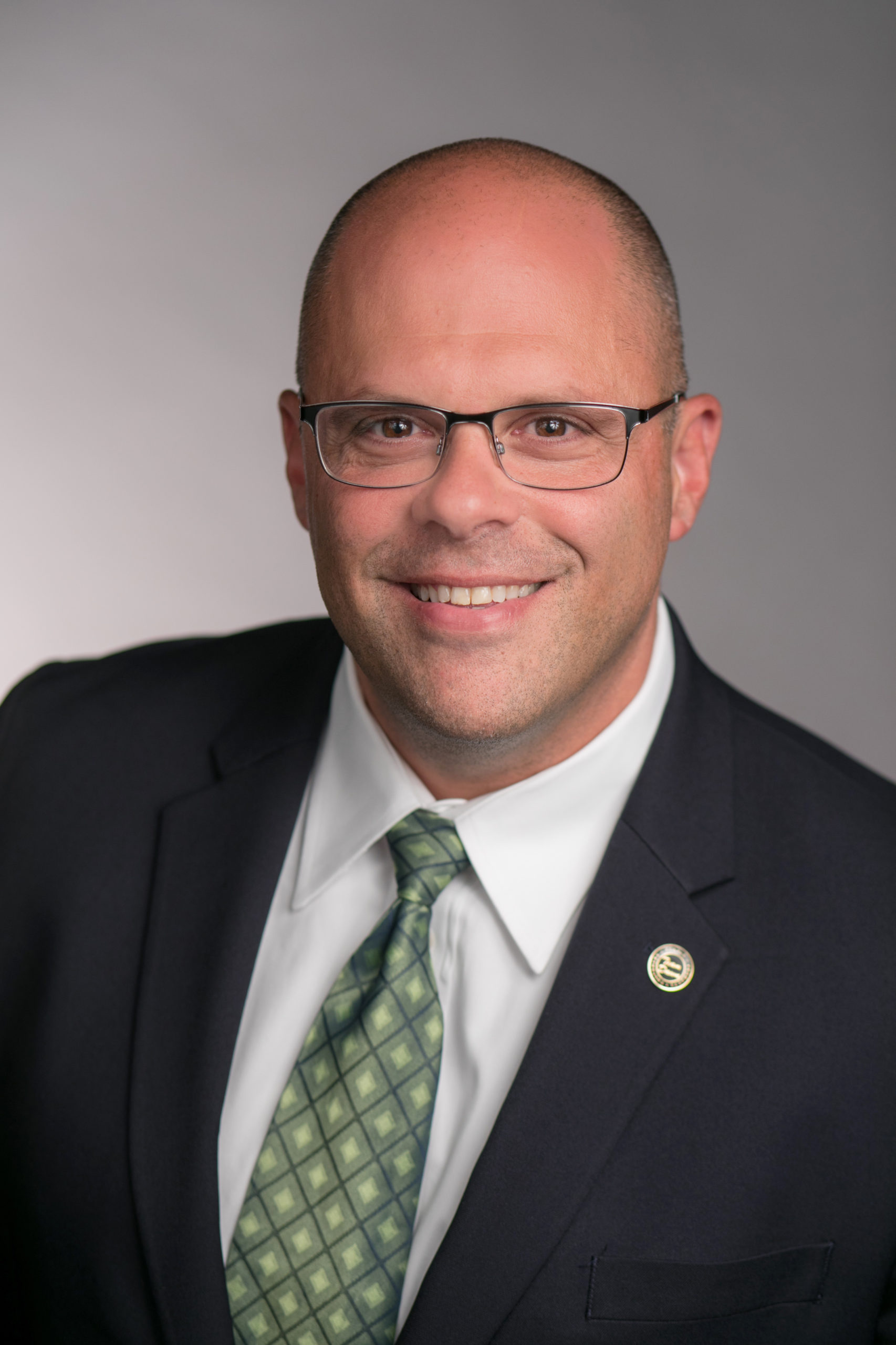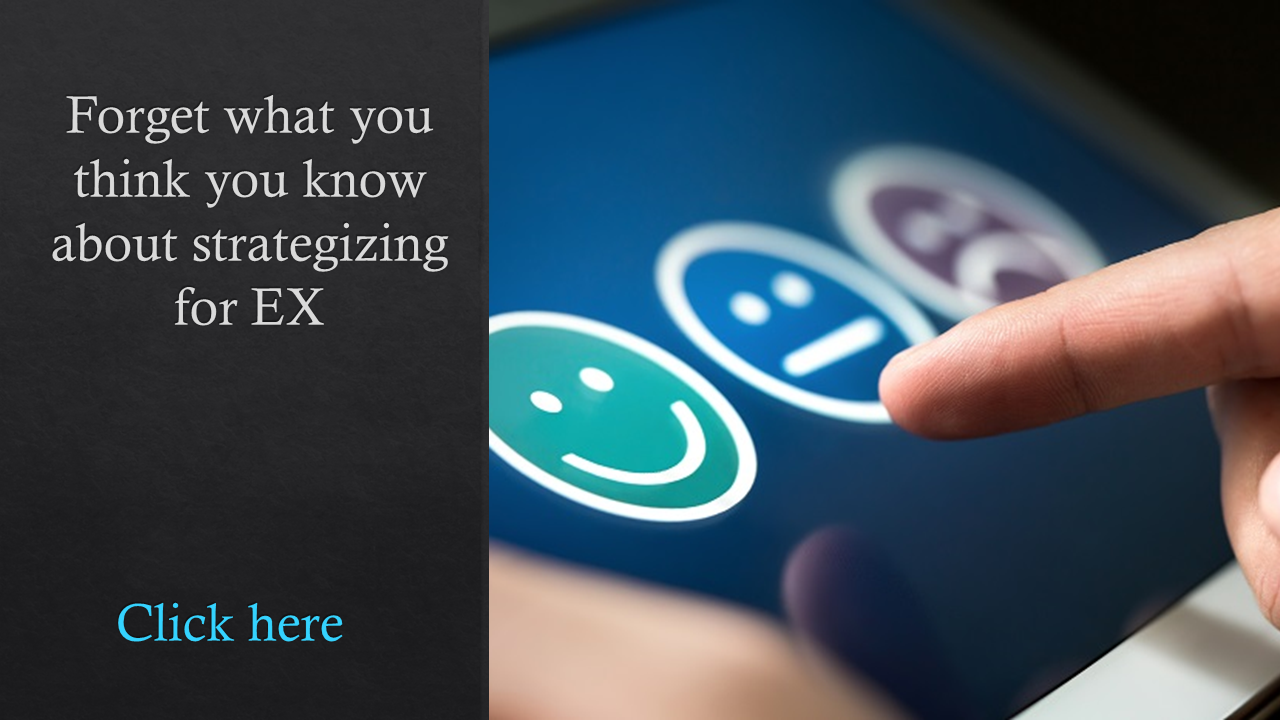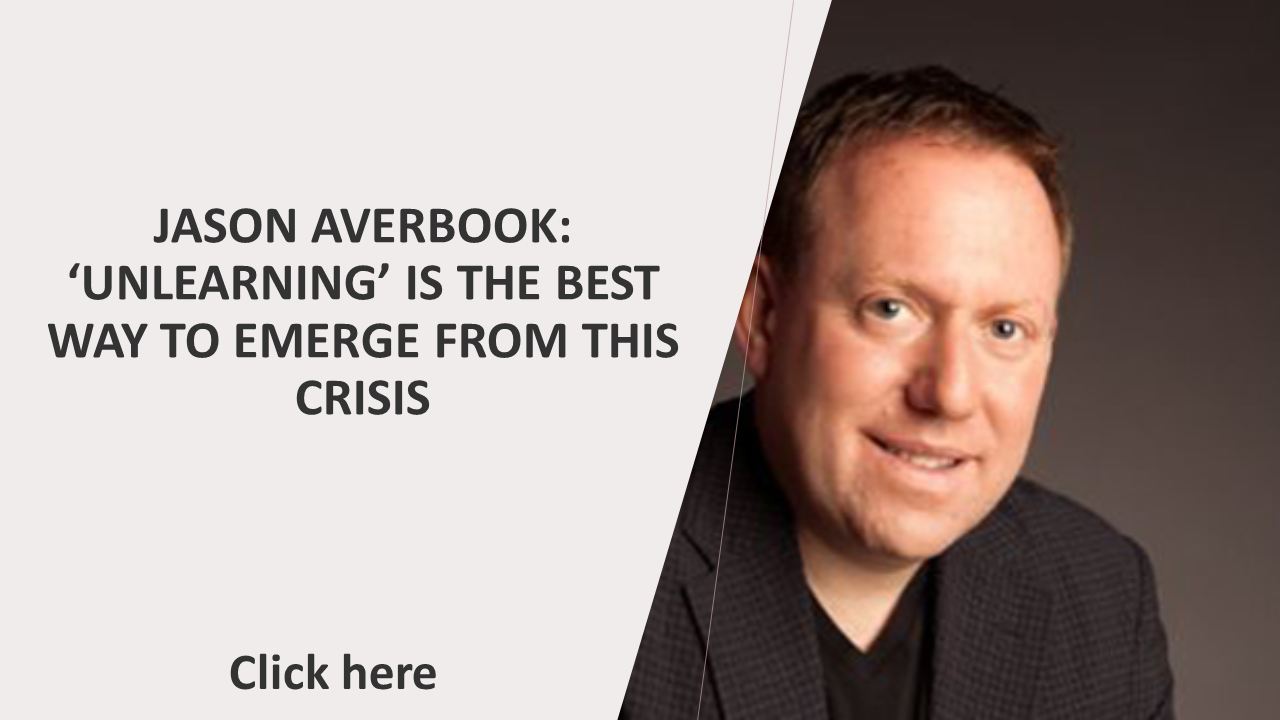When the pandemic hit in the spring of 2020, many companies immediately slowed and, in some cases, halted operations–but at Dawn Foods, an ingredient manufacturer and distributor, business had to continue as usual. That meant that a share of its 4,000 workers had to report to manufacturing, distribution and transportation sites around the world and that HR needed to prioritize their health and safety.
Jason Lioy, chief people officer at Dawn Foods, said the team focused on keeping frontline workers informed of evolving policies and procedures and leaned heavily on its employee assistance program, along with its HR and benefits partners, to ensure workers had the support they needed. To enhance communication and connection, leaders at many on-site locations created monthly newsletters, spotlighting both company updates and team news, while Dawn also increased leader and supervisor training focused on team communication and recognition.
At the same time, Lioy and his team have had to manage the transition to remote work for the remaining segment of the workforce, creating a dual challenge when it comes to employee experience and more. Lioy recently shared with HRE how the company has navigated those hurdles.
HRE: What has HR’s process been like trying to manage two relatively different types of employee experience–for those working on-site and those working remotely?

Lioy: Engaging with team members when many are not digitally connected is challenging under any circumstance. For Dawn, we recognized early on the need to over-communicate with our frontline team. We did this through constant communication and providing timely updates. Because our People team operates as partners to the business, they were embedded in the day-to-day operations with our sites to ensure information and resources were available.
We also had many people working from home for the first time. For remote workers, we prioritized check-ins and team connections. We trusted our team was doing the job away from the office but made it a priority to stay connected with them as team members and as people. I personally benefited from connecting with my boss when the pandemic was impacting my wellbeing. She listened, provided support and showed me that it’s OK not to always be OK. Over time, I’ve continued to see colleagues become more comfortable with their own vulnerability and recognize the benefits that come from open, honest conversations.
It’s important that we understand the full employee experience in order to provide team members with the resources and benefits they need–for their jobs and also for their personal wellbeing.
See also: 6 experts on what Biden’s vaccine mandate means for HR
HRE: What is your HR priority today?
Lioy: The total team member experience. It’s what people experience through the recruitment process, on their first day and the everyday experience for those who have been with us for decades. It’s ensuring the time they spend at Dawn is providing value to them as people.
 We continue to prioritize equitable and inclusive processes, which will help us cultivate diverse talent at every level of our organization. When I joined Dawn, I started as director of human resources, and I am now chief people officer. I want to ensure the same opportunities I was afforded are available to everyone at Dawn, from leaders mentoring team members to projects that provide opportunity. We are also introducing a Women’s Leadership Development Program, which provides women throughout the organization with resources and peer-to-peer support to accelerate their development.
We continue to prioritize equitable and inclusive processes, which will help us cultivate diverse talent at every level of our organization. When I joined Dawn, I started as director of human resources, and I am now chief people officer. I want to ensure the same opportunities I was afforded are available to everyone at Dawn, from leaders mentoring team members to projects that provide opportunity. We are also introducing a Women’s Leadership Development Program, which provides women throughout the organization with resources and peer-to-peer support to accelerate their development.
Another top priority is deploying targeted HR technology across Dawn. The pandemic helped many organizations understand how technology can improve decision-making, track team member progress and improve processes. Currently, too much of what we do still lives on paper, and I want to continue to see processes digitized to serve our people and the business more efficiently and effectively.
HRE: How do you think the events of the past year have redefined the HR role itself?
Lioy: The HR role is achieving status as one of the most important roles in any organization. Dawn is a people organization. We’re focused on our Team Members’ experiences and their ability to work in safe environments that provide opportunities and a culture of inclusivity. Our People team has shifted from a service function to being true partners to the business. Our team, in close partnership with our global businesses, has worked to build, maintain and expand a culture that empowers people to be their best in their roles, while also addressing childcare, mental health and equity. This past year showed how important it is to focus on people, especially when it comes to their mental and physical wellbeing. This way of approaching HR is an important shift, and one HR professionals and organizations must embrace.
This past year has also shown the benefit of utilizing technology to manage processes that enable HR professionals to spend their time on the actions and programs that bring the most value to the organization. When data is centralized, and processes are in place and understood, it allows us to elevate as a department and introduce new solutions and value to the organization.
HRE: What are a few of the “soft” skills that you think HR leaders of tomorrow need for success?
Lioy: Too often, leaders communicate at employees instead of communicating with them. The HR leaders of tomorrow need to practice active listening: listening carefully and observing non-verbal cues. It’s important to understand what an employee needs and to effectively address and communicate the ways your organization can best support them.
Problem-solving is another important skill. As HR professionals, we are often faced with difficult and nuanced situations. We must tackle challenges with meaningful and tangible solutions.
However, two of the most important skills–that are not mutually exclusive–are resilience and courage. Both are critical for all HR leaders. Whether it’s challenging the status quo, driving transformation, challenging conventional wisdom or simply enforcing existing policies, resilience and courage play a large part in an HR leader’s ability to do those effectively and gracefully. It’s an art and a balancing act. I learned early on that you can be tough, but you need to execute the work gracefully with high levels of resilience and courage.
HRE: Is there any advice you got early on in your career that has stuck with you?
 Lioy: When I was fresh out of graduate school, I worked for a plant manager in a heavily unionized facility. He loved fixing broken plants and businesses. He was one of the toughest managers in the company, but if he respected you, he would fight for you for your entire career. On day one he said, “Jason, I understand you have a master’s degree and probably have a lot of ambition, but before you do anything you have to do three things. First, understand the business–learn how the plant makes products and makes money. Second, get to know the people and develop relationships with them. Learn who can get things done and who the informal and formal leaders are in the facility. Last, never let me get surprised. Your job is to know the pulse of the organization, what’s going on and ensure I understand that before I walk into a room. You and I are partners and that is how we are going to get things done.” That talk has stuck with me my entire career. I give that same speech to direct reports and new hires because each part is necessary for any leader to be effective.
Lioy: When I was fresh out of graduate school, I worked for a plant manager in a heavily unionized facility. He loved fixing broken plants and businesses. He was one of the toughest managers in the company, but if he respected you, he would fight for you for your entire career. On day one he said, “Jason, I understand you have a master’s degree and probably have a lot of ambition, but before you do anything you have to do three things. First, understand the business–learn how the plant makes products and makes money. Second, get to know the people and develop relationships with them. Learn who can get things done and who the informal and formal leaders are in the facility. Last, never let me get surprised. Your job is to know the pulse of the organization, what’s going on and ensure I understand that before I walk into a room. You and I are partners and that is how we are going to get things done.” That talk has stuck with me my entire career. I give that same speech to direct reports and new hires because each part is necessary for any leader to be effective.
Read more Insights from a CHRO here.
HRE: What are you passionate about outside of work?
Lioy: I am most passionate about my family and working with kids. I am a proud husband to my wife of over 18 years and father to two sons, 13 and 16, and I am passionate about everything they are interested in. I also support and volunteer in our high school and with my kids’ travel sports organizations. I work with organizations that help young athletes with limited means to participate in advanced programming to help them develop their skills.
Outside of sports, I inherited my father’s boat after he passed away a few years ago. Over the pandemic, I used the time to take an online course on boating and recently had the boat rebuilt. I am hoping to get on the water this fall, when it’s not as crowded, and learn the ins and outs of boating. I look forward to getting my boys and family on the boat to spend time together and remember my dad.

